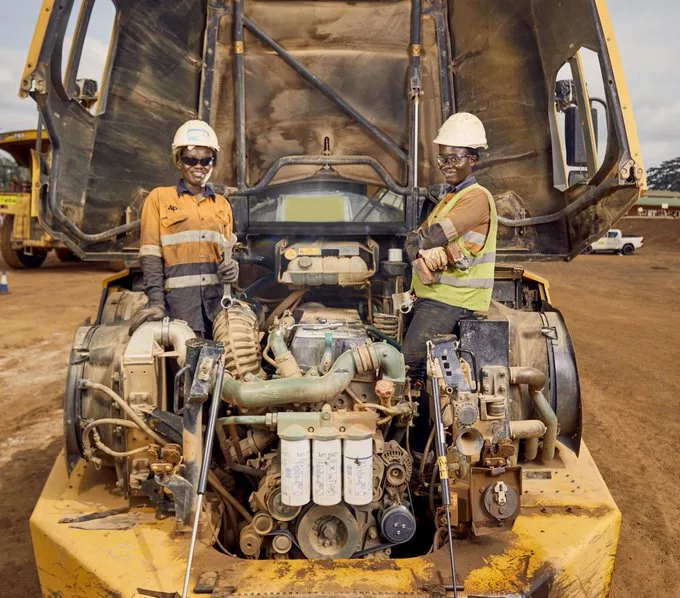|
Getting your Trinity Audio player ready...
|
Writes Gracious Masendu
Young women in the mining sector ranging from 18-35 years drawn from diverse rural locations in Zimbabwe recently converged in Harare to deliberate on issues affecting them. At a breakfast meeting comprising of the Parliamentary Portfolio on Mines, Civil Society Organizations (CSOs) including the Zimbabwe Coalition on Debt and Development (ZIMCODD) and the Zimbabwe Environmental Law Association (ZELA), young women managed to air their grievances in the mining terrain amidst responses from parliament and recommendations from the CSOs there present. The meeting was organized and conducted on the 14th of June 2024 by the Rural Young Women Support Network (RYWSN).
Among the major challenges raised, young women highlighted that they have little or no capital injection in their mining businesses. They indicated that they generally do not have the collateral required to obtain loans from financial institutions.
“We end up resorting to high-interest loans known as “chimbadzo”, said one woman from Zvishavane who preferred anonymity.
It emerged that credit facilities ultimately result in young women losing their properties due to exorbitant and unsustainable interest rates.
This was echoed by Zvikomborero Sibanda, an economist with ZIMCCOD. Sibanda prescribed that given the above challenges, the government must provide low-interest loans through women’s banks. He also educated the young women on how the financing of the domestic debt is swallowing the funds that could be channeled toward loans and grants from the government. It emerged that debts cause a heavy burden to taxpayers, including in the mining sector.
ZELA indicated that women are affected more by environmental degradation, resulting from mining, as well as the pollution of water sources by mineral cleansing chemicals such as mercury.
Other challenges include the violent terrain within the mining sector, which is unbearable to women given that they are physically weaker than their male counterparts. In this regard, the issue of “mashurugwi”, the matchet-wielding persons, pose threats to their miners.
Young women from Mutoko lobbied the government to enforce laws obliging miners to honor their corporate social responsibilities, particularly in the service delivery sector.
Margret Chogugudza, the executive director of RYWSN, emphasized the need for transparency by local authorities on the revenues accrued from the mining sector. She also called on the government to ensure young women’s voices are captured during the national and council budget consultative meetings.
The chairperson of the Parliamentary Portfolio Committee on Mines, Honorable Joseph Mpasi, acknowledged all the issues raised by the young women and pledged to raise them with the parliament for further debate and recommendations.
He also explained that Vision 2030 seeks to have an upper-middle class for everyone by 2030, including young women. He also highlighted the efforts by the government to ensure that miners honor their corporate social responsibilities. He mentioned the issue of ensuring locals get first preference in employment and other opportunities.
“There is a need to push the relevant government departments and ministries to ensure that young women are not left behind in these developments,” he concluded.
Young Women Rural Support Network is a young women’s advocacy platform on developmental issues that operates in Mashonaland East province.






